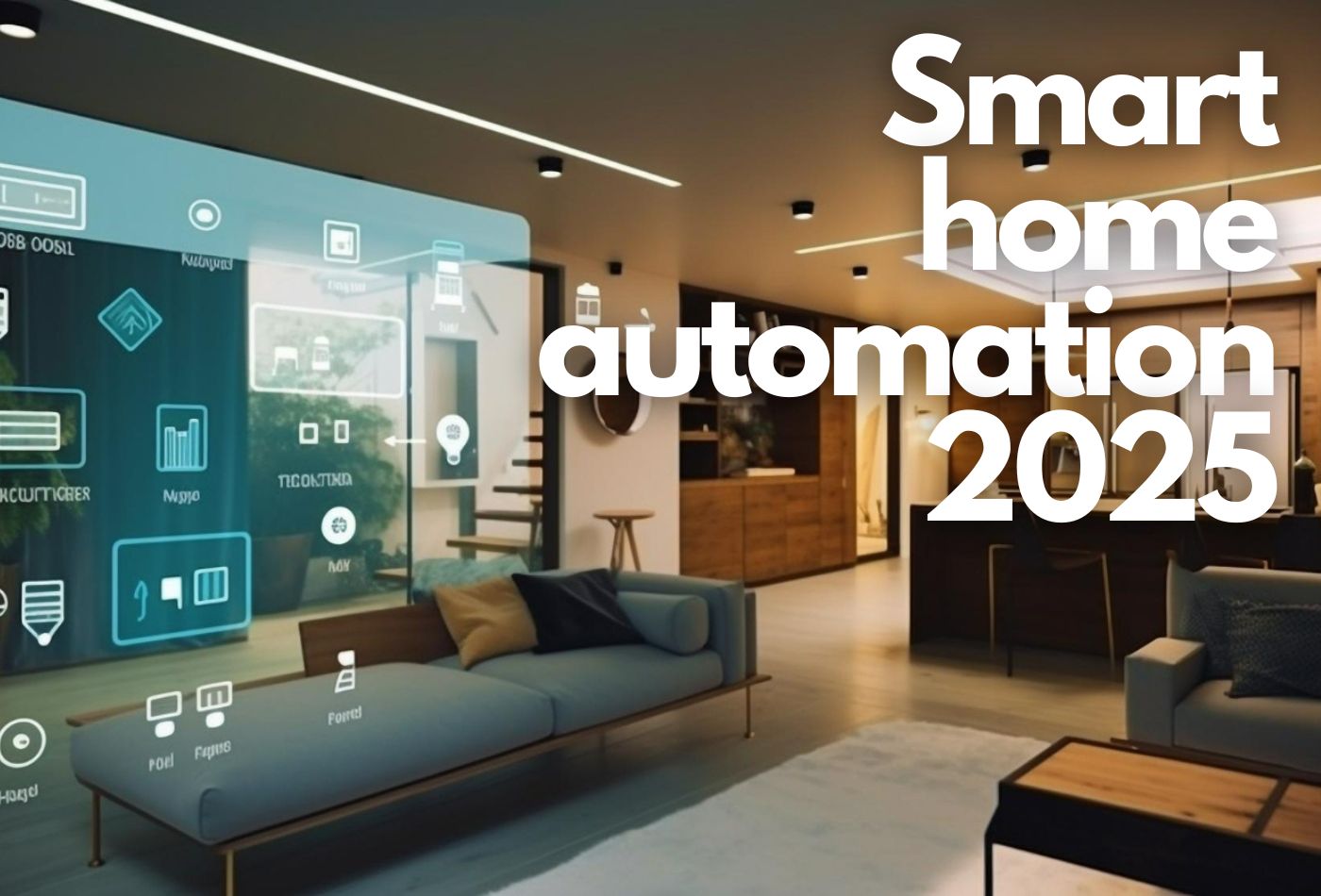Shop At Haya: Your Ultimate Shopping Guide
Discover the best shopping tips, trends, and deals for a smarter buying experience.
Smart Homes: The New Frontier for Couch Potatoes
Discover how smart homes are revolutionizing lazy living—find out why couch potatoes are embracing tech like never before!
How Smart Home Technology is Revolutionizing Home Comfort for Couch Potatoes
The rise of smart home technology is transforming the way we experience comfort in our homes, particularly for those who enjoy a cozy day on the couch. Smart devices such as automated lighting, programmable thermostats, and voice-controlled assistants allow you to customize your living environment to suit your lazy day vibe. For instance, with just a simple voice command or a tap on your smartphone, you can adjust the lighting to create the perfect ambiance, ensuring you have the ideal atmosphere for binge-watching your favorite shows.
Moreover, smart home systems integrate with entertainment devices, enabling effortless control over your media experience. Imagine being able to dim the lights, raise the temperature, and start streaming your favorite movie, all without getting off the couch. This seamless integration of technology not only enhances home comfort but also maximizes leisure time, allowing couch potatoes to indulge in ultimate relaxation. The convenience of having everything at your fingertips truly revolutionizes how we enjoy our downtime while at home.

10 Must-Have Smart Devices That Will Transform Your Living Room Experience
In today's fast-paced world, creating a smart living room experience is easier than ever with a variety of devices that enhance both comfort and convenience. From smart speakers to advanced lighting systems, integrating technology into your space can significantly transform your daily routine. Here are 10 must-have smart devices that will elevate your living room:
- Smart Speaker: Control your music, smart home devices, and even ask for weather updates with voice commands.
- Smart TV: Stream your favorite shows and movies in high definition, with voice control and built-in apps.
- Smart Lighting: Adjust the ambiance of your room with dimmable LED bulbs that can be controlled via smartphone.
- Smart Thermostat: Maintain the perfect temperature by programming your heating and cooling systems.
- Smart Plugs: Turn any standard device into a smart one, allowing you to control it remotely.
- Streaming Device: Access various streaming platforms and enhance your TV's capabilities.
- Smart Thermostat: Control energy efficiency and tailor your home climate preferences.
- Home Security Cameras: Keep an eye on your property with remote access.
- Smart Coffee Maker: Brew your coffee remotely and wake up to the smell of fresh coffee.
- Smart Wall Art: Display customizable digital art that changes with your mood.
Are Smart Homes Making Us Lazier or Just More Efficient?
The rise of smart home technology has sparked a debate about whether these innovations are making us lazier or simply enhancing our efficiency. On one hand, the convenience offered by smart devices—such as automated lighting, smart thermostats, and voice-activated assistants—can lead to a more leisurely lifestyle where daily tasks require minimal physical effort. Critics argue that this reliance on technology can diminish our motivation to engage in physical activities, as tasks that once required personal initiative and action can now be accomplished with mere commands. The question arises: are we losing the necessity to be active as we delegate more responsibilities to our intelligent systems?
Conversely, proponents of smart home technology posit that these advancements are intended to improve our productivity by streamlining daily routines. For instance, smart appliances can optimize energy use, while smart security systems enhance safety without requiring constant vigilance. Ultimately, instead of promoting laziness, these tools can free up time and mental space for activities that matter most, such as spending quality time with family or pursuing hobbies. Therefore, the impact of smart homes may not be an issue of laziness, but rather a shift toward a more efficient way of managing our lives, allowing us to focus on what really counts.